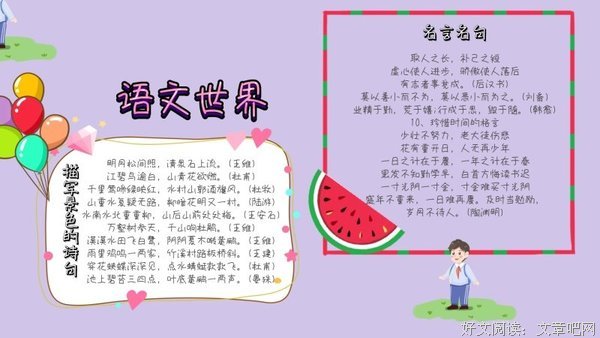
1、In a perfect capital market, when a dividend is paid, the share price drops by the amount of the dividend when the stock begins to trade ex-dividend. ----《Corporate Fiance》
2、Other things equal the present value of distress costs will be higher for high beta firms. ----《Corporate Fiannce》
3、The discount rate for the distress costs will depend on the firm's market risk. Note that because distress costs are high when the firm does poorly, the beta of distress costs will have an opposite sign to that of the firm. ----《Corporate Fiannce》
4、With perfect capital markets, financial transactions neither add nor destroy value, but instead represent a repackaging of risk (and therefore return). Capital structure -and financial transaction more generally--affect a firm's value only because of its impact on some type of market imperfection. ----《Corporate Finance》
5、All risk-free investment should offer investors the same return ----《Corporate Finance》
6、The trade-off theory helps to resolve two puzzles regarding leverage. First, the presence of financial distress costs can explain why firms choose debt levels that are too low to fully exploit the interest tax shield.Second, differences in financial distress cost and volatility of cash flow can explain different leverage. ----《Corporate Fiannce》
7、The NPV of trading a security in a normal market is zero. If the NPV of buying a security were positive, buying the security would be equivalent to receiving cash today- it would present an arbitrage opportunity. Because arbitrage opportunities do note exist in normal markets, the NPV of all security trades must be zero ----《Corporate Finance》
8、If equivalent investment opportunities trade simultaneously in different competitive markets, then they must trade for the same price in both market. ----《Corporate Finance》